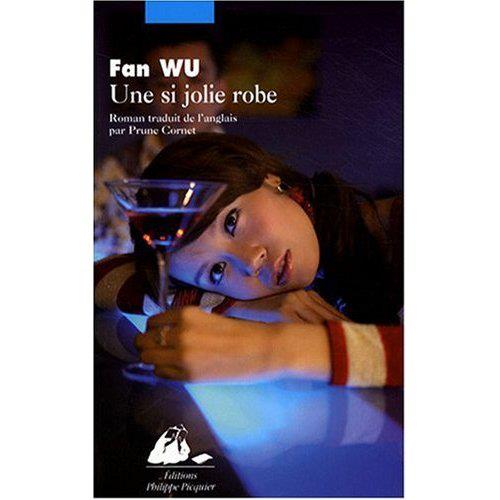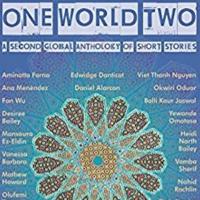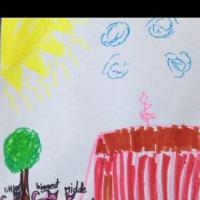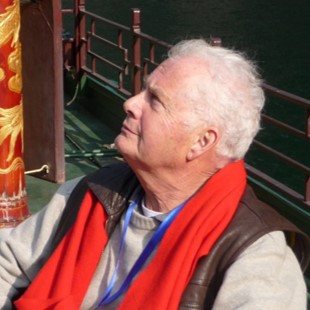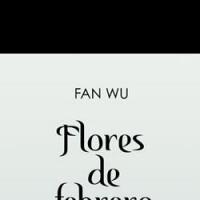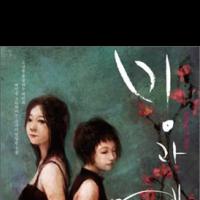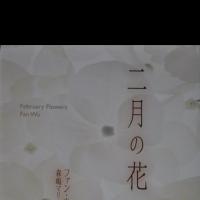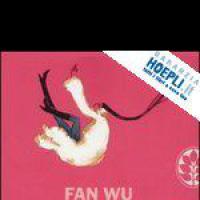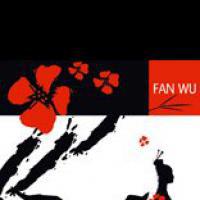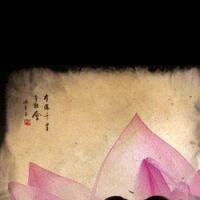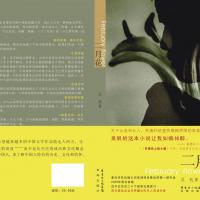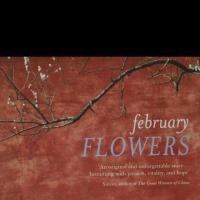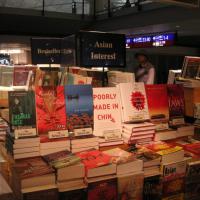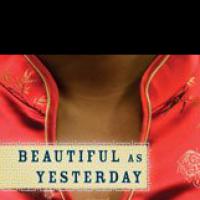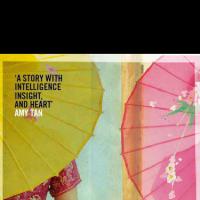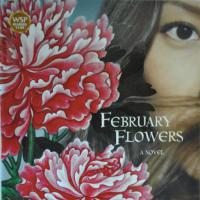Language is not merely a tool, but a mindset. To translate, in a way, is to rewrite — Fan Wu
I wrote poems and essays when I was in China, but I never tried fiction. After graduating from Stanford University with an MA in Mass Media Studies, I found employment at Yahoo!, an Internet company, working in editorial then in market research analysis. When I started to write in English in 2002, I was inspired by the short stories by Raymond Carver, Alice Munro, and William Trevor. I would work long hours in the office, and then go home to write. I had intended to write a short story as my first creative writing attempt in English, but the story kept growing and growing until three years later it became a 80k-word novel, FEBRUARY FLOWERS.
Since the day I decided to write creatively in English, I have been torn between my mother tongue and my adopted language. After my first book, FEBRUARY FLOWERS, was published in more than a dozen countries, I, fearing losing my ability to write in Chinese, translated the book into Chinese myself for my Chinese publisher. My fear was so strong that I wrote my second book, BEAUTIFUL AS YESTERDAY, in Chinese, and then translated it into English for its publication in the U.S., the UK, and some other countries.
To this day, I still translate my own writing between the two languages. That’s why Nobokov’s “Speak, Memory” is so dear to me as he describes wonderfully the excitement and the anxiety of living in two languages and two cultures.
In the book, Nabokov says, “For the present, final, edition of Speak, Memory, I have not only introduced basic changes and copious additions into the initial English text, but have availed myself of the corrections I made while turning it into Russian. This re-English of a Russian re-version of what had been an English re-telling of Russian memories in the first place, proved to be a diabolical task, but some consolation was given me by the thought that such multiple metamorphosis, familiar to butterflies, had not been tried by any human before.”
To me, language is not merely a tool, but a mindset. To translate, in a way, is to rewrite.
Excerpt from my second novel, BEAUTIFUL AS YESTERDAY, a story of mother-daughter relationship set in the present-day San Francisco Bay Area.
“She sometimes wonders whether, if she had lived in the United States since she was little instead of coming here as an adult, she would still have so much attachment to China. It seems to her writers always identify more closely with the cultures where they were born and raised. Jewish writers write the best about Jews, and Asian-American writers tend to focus on Asian Americans’ lives, while black writers such as Toni Morrison and James Baldwin are masters in depicting the black experience. A famous writer whose name she has forgotten once said that literature is the extension of a keen nostalgia about one’s ancestors. Maybe it is true.
“Or is her problem the language? Which language to choose, Chinese or English? She remembers a story from Autumn Flows, written by Zhuangzi, the most renowned Chinese Taoist philosopher.
In the story, a person from the Yan Country admires how they people in the Zhao Country walk, so he travels there to imitate their walking. By the time he needs to rerun to his own country, he has forgotten how to walk like a Yan person; meanwhile, he cannot walk like a Zhao person, either. So he ends up crawling back to Yan.
In the back of her mind, Ingrid fears she no longer has a first language: she has lost intimacy with Chinese, yet she’s still learning English despite the fact that she speaks with only a slight accent and has begun to build her name in the business translation world. When she writes in English, especially creatively, she sees her limited; the words seem to be floating on the surface of the water, instead of being part of the water.”
— BEAUTIFUL AS YESTERDAY
